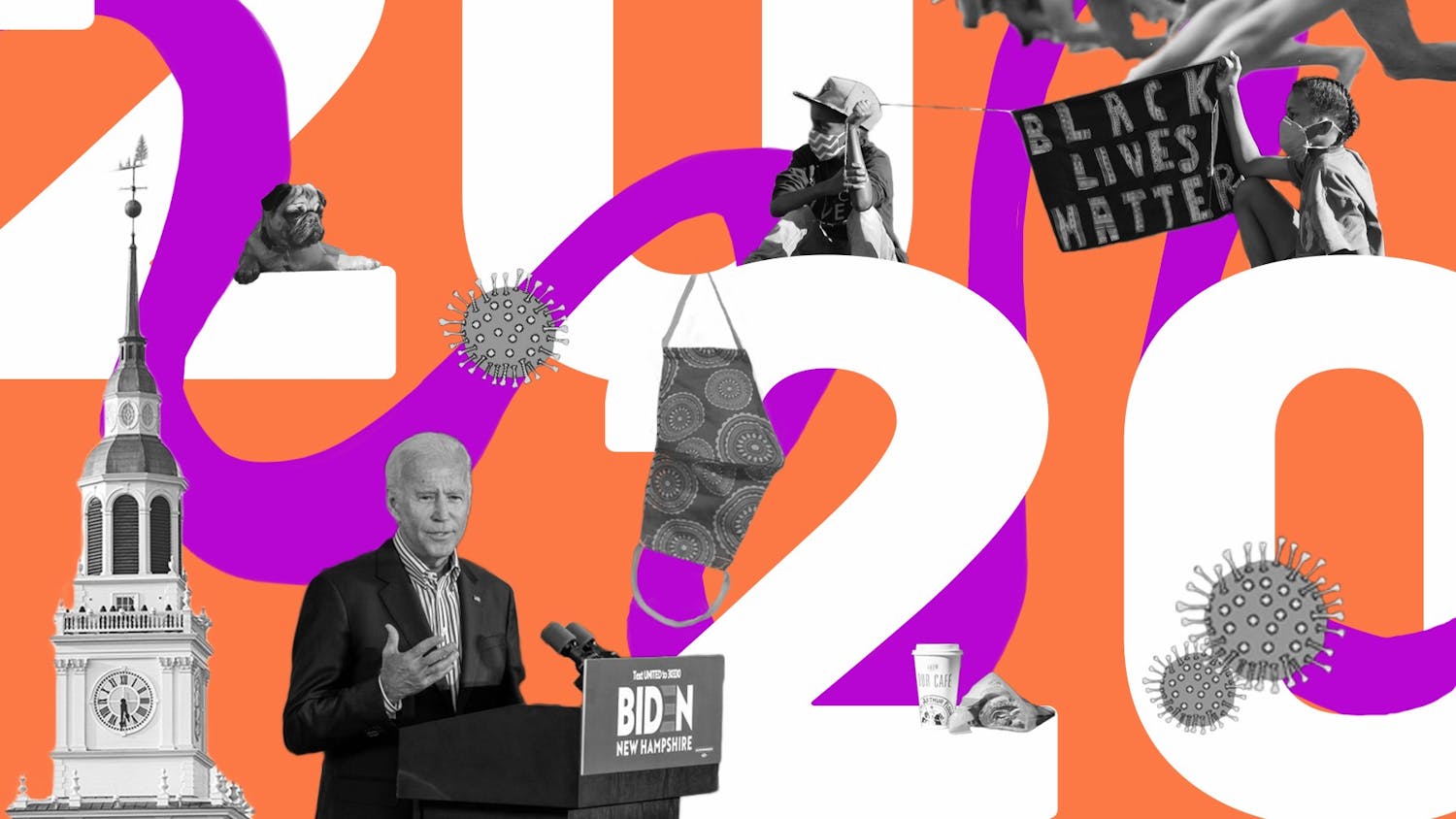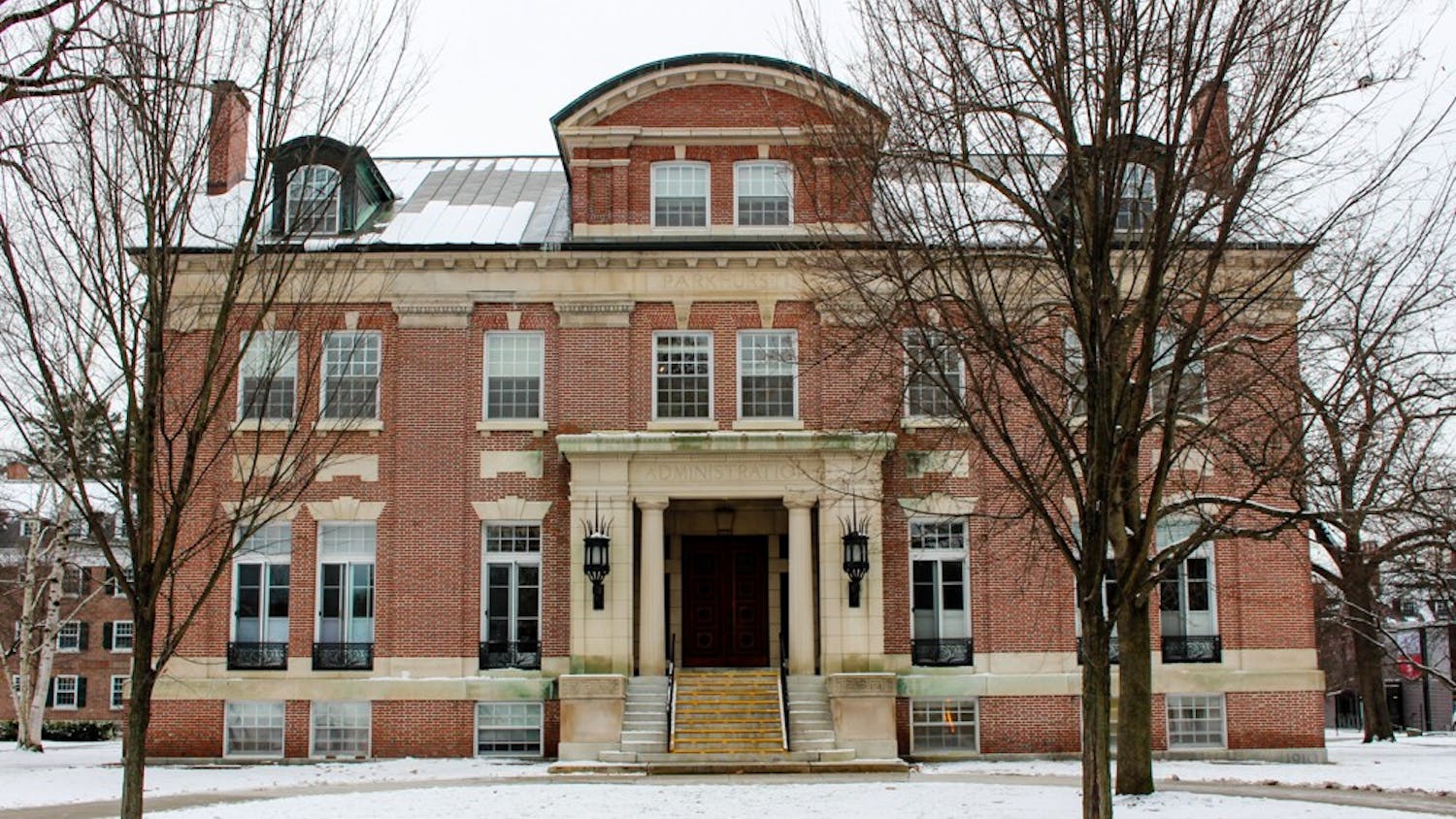In response to the pandemic, Dartmouth assigned each class year either one or two guaranteed on-campus terms for the academic year. Under this framework, many members of the Class of 2023 will not be back on campus until summer 2021. Many ’23s have been vocally opposed to this move, often complaining about the way in which college administrators handled term assignments and other pandemic concerns. In a Jan. 21 op-ed in The Dartmouth, Max Teszler ’23 characterized the dismay of many of his classmates as "pointless quibbling” and argued that the ’23s should be grateful for the chance to be on campus at all. However, many ’23s, myself included, actually voiced legitimate concerns about how the College handled the reopening process. Addressing the reality faced by ’23s and working together to move forward is far more productive for everyone than pointing fingers at classmates for trying to fix the problem.
It’s easy to see why so many ’23s have felt upset. In a normal year, freshmen spend fall, winter and spring term on campus — for ’23s, that experience was cut short by a term. What’s more, the College’s term priorities mean that some ’23s could be kept off campus for over a full year and not return until after the ’24s — the current freshman class — already completed two guaranteed on-campus terms.
Despite originally implying that all students who wanted two terms on campus this year could have them, Dartmouth stripped many students, including a sizable portion of the Class of 2023, of that ability. This left many to wait anxiously for spots off waitlists offered by the College that might have unlocked their chance to return to campus.
These uncertainties have had a disparate impact on members of the class. Many ’23s who have been most vocal in their opposition to the priority terms — in other words, those who Teszler claims “whine” about the College’s decision-making — are low-income students for whom being on campus is a necessity. These students overcame tremendous barriers to attend Dartmouth, yet the College’s relative inflexibility has left many of these students stuck at home, where lack of internet access and other home struggles impede their success. To suggest that the ’23s are wrong to advocate for themselves is a slap in the face to the entire community.
And yet, Teszler still gripes about the sense of “entitlement” he observes coming from ’23s. But he fails to discuss the sense of camaraderie in the ’23s GroupMe and other circles. As a ’23 myself, everyday I see my classmates celebrating one another’s successes and commiserating after shared losses. Sure, some ’23s, and some students more broadly, are only looking out for themselves in their complaints. But the empathy in our class far outweighs any selfish desire any member shows. We understand that, after months apart, campus life wouldn’t be the same without all of us there to celebrate together.
Dismissing the concerns of classmates pits ’23s against one another and does nothing to address campus issues. With juggling academic and personal demands and surviving a pandemic, the class doesn’t have time for deep divisions between one another. In keeping with the communal spirit of the ’23s, all of us need to listen to one another and empathize with the concerns of the community at large. Yes, COVID-19 is “our enemy,” as Teszler writes. Let’s make sure not to make other ’23s, or other students for that matter, our enemy as well.



